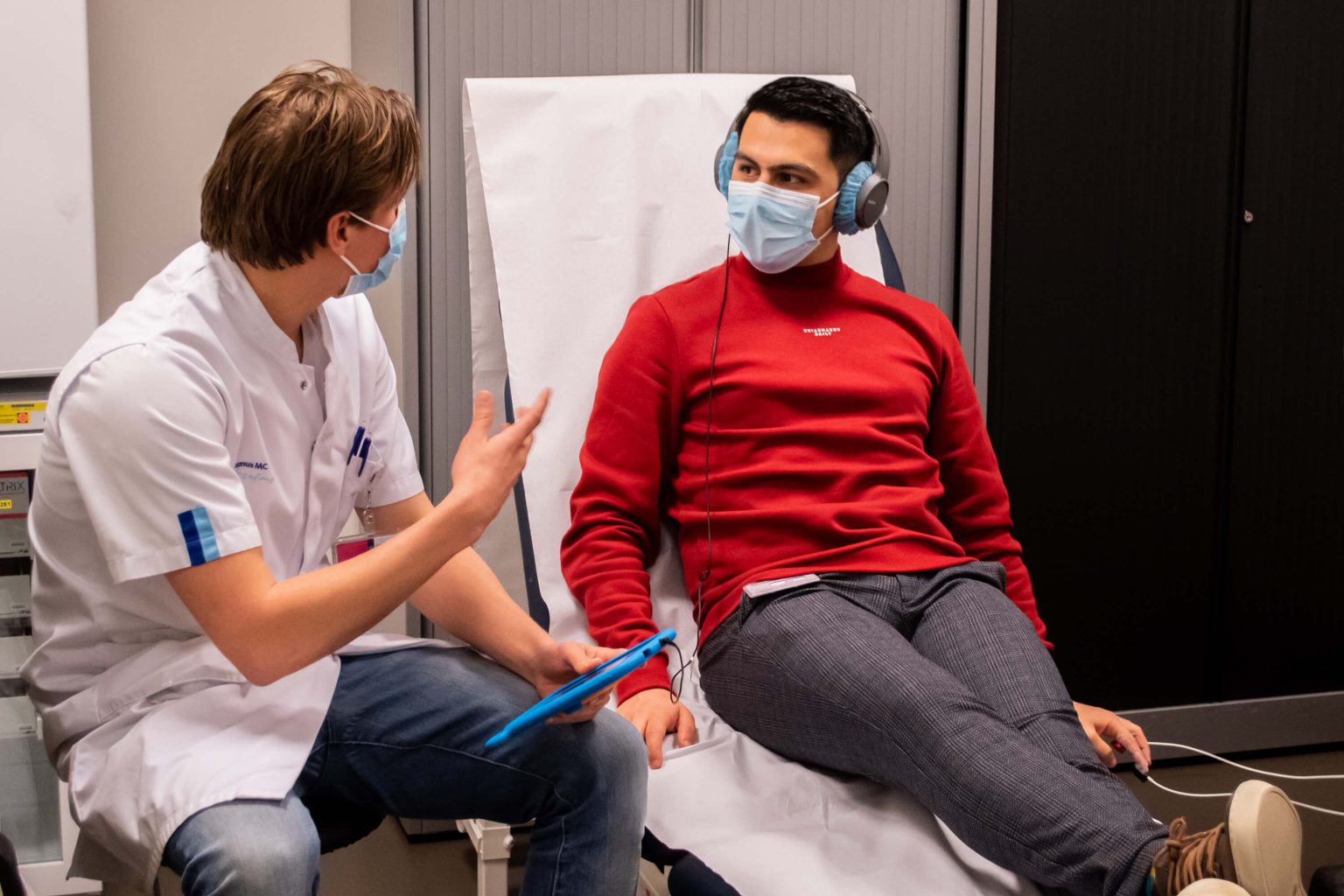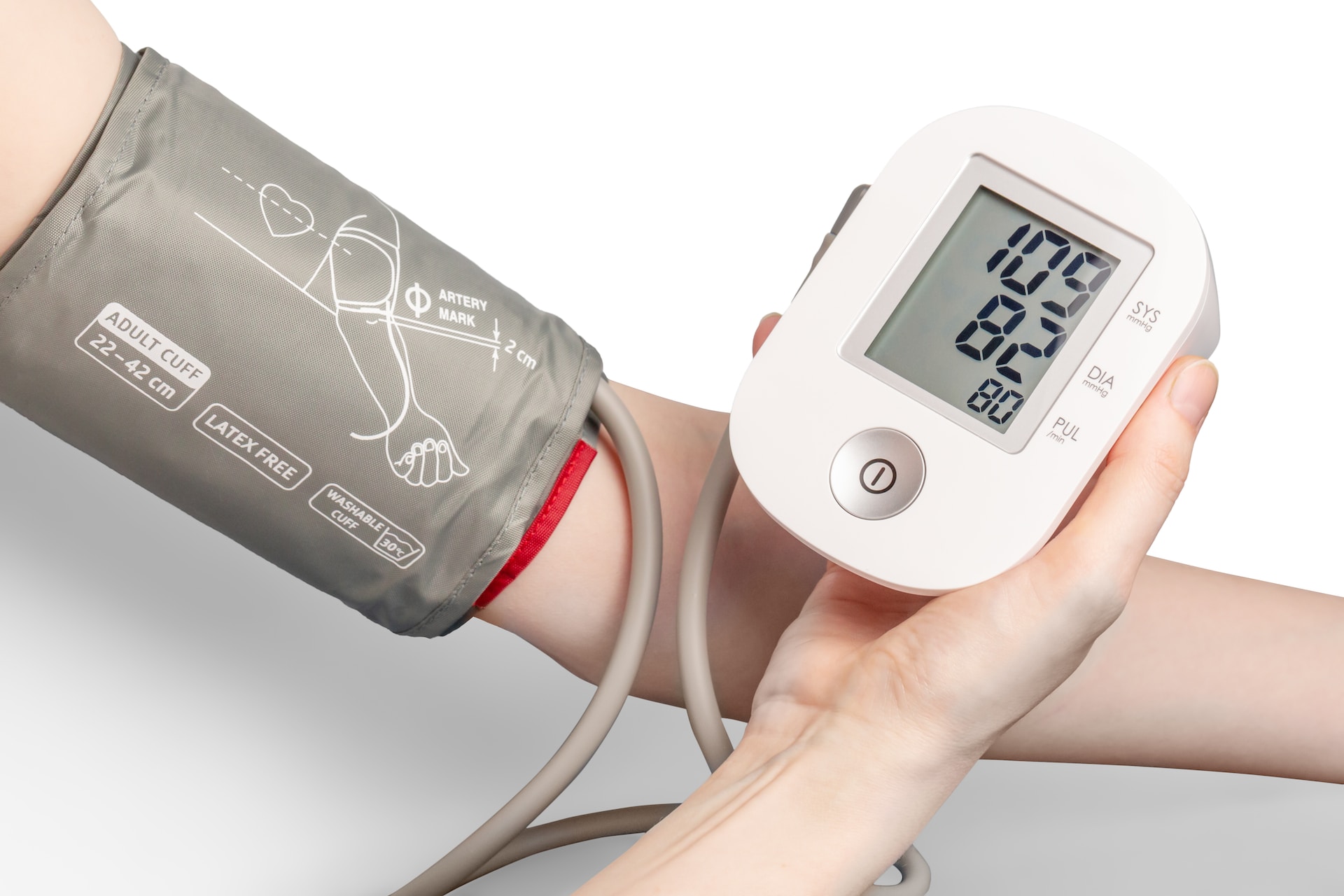Waking up tired, having heavy arms and legs, having no energy to do things, having trouble thinking, yawning a lot and feeling sluggish. These are all terms used by people who suffer from extreme fatigue.
Fatigue is something that is quite normal. Everyone is tired from time to time, and just like hunger, thirst, pain and discomfort, fatigue wants to tell you something. After a long day, an intense workout or after an important meeting, it is quite normal to be tired. Your body signals with various signals that it needs rest. But what is going on if you are also taking that rest regularly and remain tired or you are actually getting more and more tired?
Fatigue: lack of energy
It is increasingly common for people to drop out of work due to fatigue symptoms. The fatigue is then often accompanied by a number of other physical and/or mental complaints. Eventually, the fatigue has worsened to the point where we become completely exhausted and burned out.
Nowadays we use terms such as burnout and overworkedness in this type of situation. In addition, there are a number of syndromes with similar genesis to burnout, where fatigue is one of the main complaints. These include Chronic Fatigue Syndrome, Fibromyalgia, Myalgic Encephalomyelitis (ME), Post Covid Syndrome and Post Whiplash Syndrome.
Chronic fatigue is the biggest commonality among all these syndromes. But what exactly is fatigue? Fatigue is simply the lack of energy. So to learn more about fatigue, let’s zoom in on energy.
“Energy is the physical ability to perform labor or effect a change.”
Every form of labor and change around us is the result of energy. Think of sound, light, heat and movement. All body cells also use some form of energy to perform that cell’s specific task. Muscle cells use energy for movement and stomach cells use energy to digest food.
The body gets energy from food. The food and drink we consume must be digested and used appropriately. Some of the food we use to build and repair tissue damaged in activities. Another part we use as a source of energy. In fatigue, the body is unable to recover sufficiently from exertion or use the energy from food efficiently.

Oorzaken van vermoeidheid
When you suffer from fatigue for weeks, months or even years, it is important to find out what may be causing it. Of course, there may be a medical cause that prevents you from recovering from all the exertion you put in. In today’s health care system, we are quick to look for a medical problem. We prick blood for vitamin deficiency and possible diseases, we do sleep studies to rule out sleep apnea and other sleep disorders, and we have the family doctor and the internist determine that there is nothing wrong with the thyroid gland.
As soon as all the tests don’t reveal anything, the desperation sets in and you regularly hear that you have to learn to live with it. However, there are other possible causes, which can often be treated:
Too little exercise and poor condition
Overexertion through too intensive exercise
Bad breathing at rest
Poor diet
Too little or poor sleep due to personal worries
Too much pressure or tension in work or private life (chronic stress)
Taking on too much, leaving no time for recovery (continuously “on”) Breathing problems due to a dysregulated nervous system
Fatigue and stress
Some of the causes of fatigue symptoms mentioned above have a strong connection to too much stress. Stress is a survival mechanism available to most mammals. This system allows us to fight or flee in dangerous situations by triggering a series of biological and psychological processes.
Acute stress or short-term stress is nothing wrong with it. Chronic stress, however, can have unpleasant consequences for our health. It is no wonder that chronic stress is a risk factor for a huge number of diseases and disorders.
When you have too much stress, you are constantly on. The body consumes too much energy for the work the body does. In addition, it is harder to unwind and recover from exertion. In short, chronic stress causes our energy consumption to become dysregulated.
Physical processes associated with the body’s energy consumption are heart rate and breathing. These processes also become dysregulated. Physically, you can notice this by feeling stuffy, rapid and shallow breathing, palpitations and a high heart rate.
Mentally, stress can cause you to crave unhealthy food because the body wants to replenish lost energy. In addition, you may have worse sleep, worse memory and difficulty focusing because certain areas of the brain deteriorate.
So all of these processes can be caused by stress and ultimately lead to severe fatigue.
What can we do about it?
As you can see, stress has a mental component. It may be personal concerns; it may be that you find it difficult to set boundaries or set the bar too high for yourself; and it may be that you simply have too many balls (maybe even some fun balls) to keep in the air.
In addition, you’ll see in the previous piece that stress also has a physical component. Breathing becomes dysregulated and energy levels are no longer properly replenished. These kinds of problems can occur even without stress, when your nervous system becomes unbalanced due to surgery or illness, for example.
Because fatigue symptoms are complex and caused by physical and mental problems, at BioCheck we assume that the fatigue symptoms do not need only a mental approach. We focus on a sustainable recovery by working in the following way:(link to blog about information page content program)
Monitoring your daily workload by means of objective measurements, so that you can regain control over your recovery process.
Optimizing the gas exchange (breathing) and stimulating recovery through breathing exercises
Balancing energy consumption and increasing energy reserves through cardio training at the level that suits your body
Mental awareness and coaching with the goal of learning healthy behavior patterns so that you recover sustainably.






